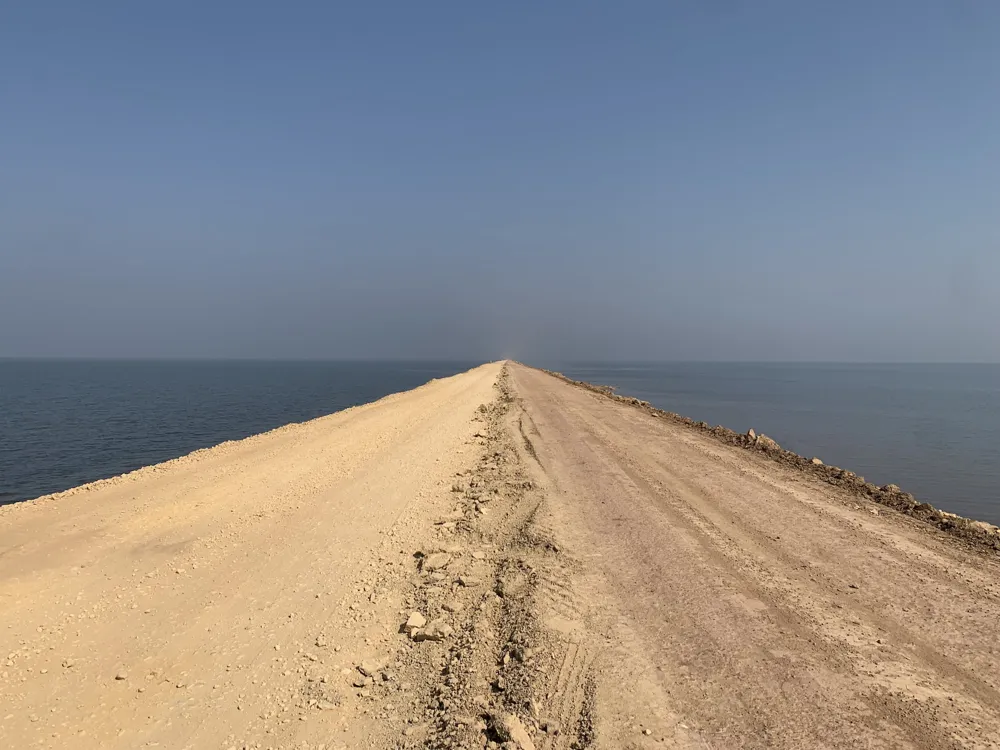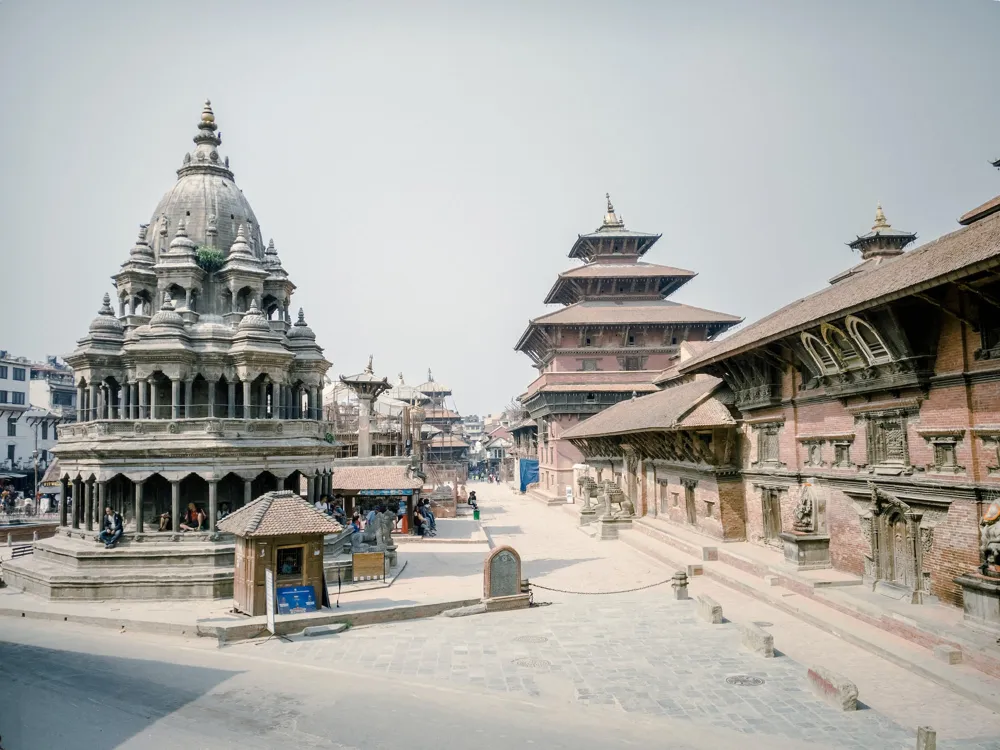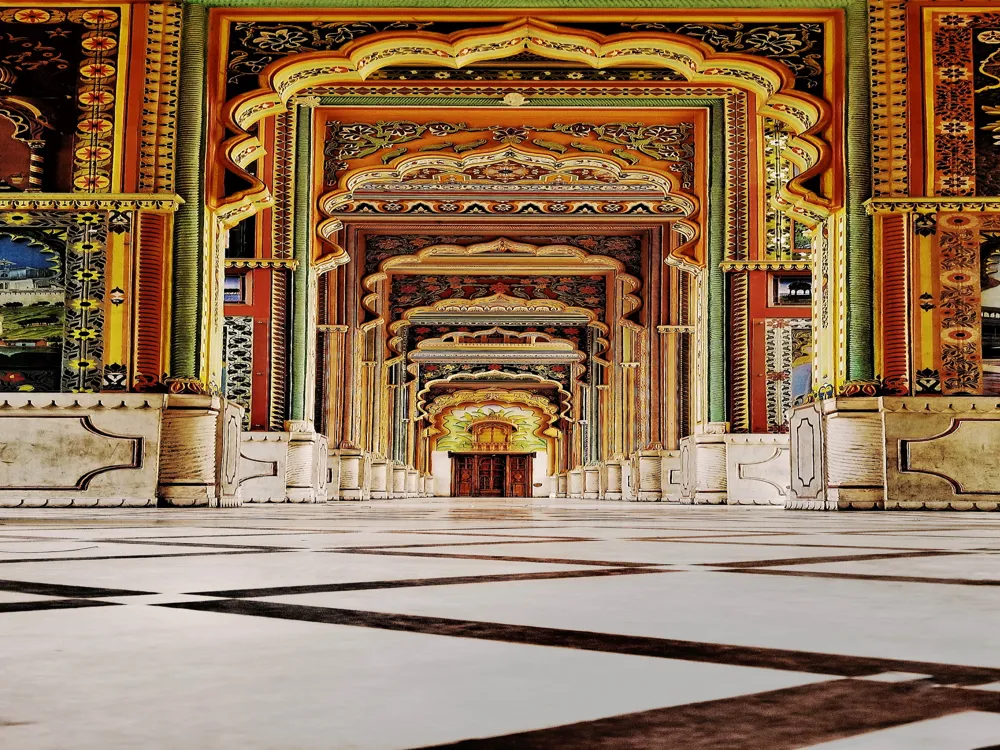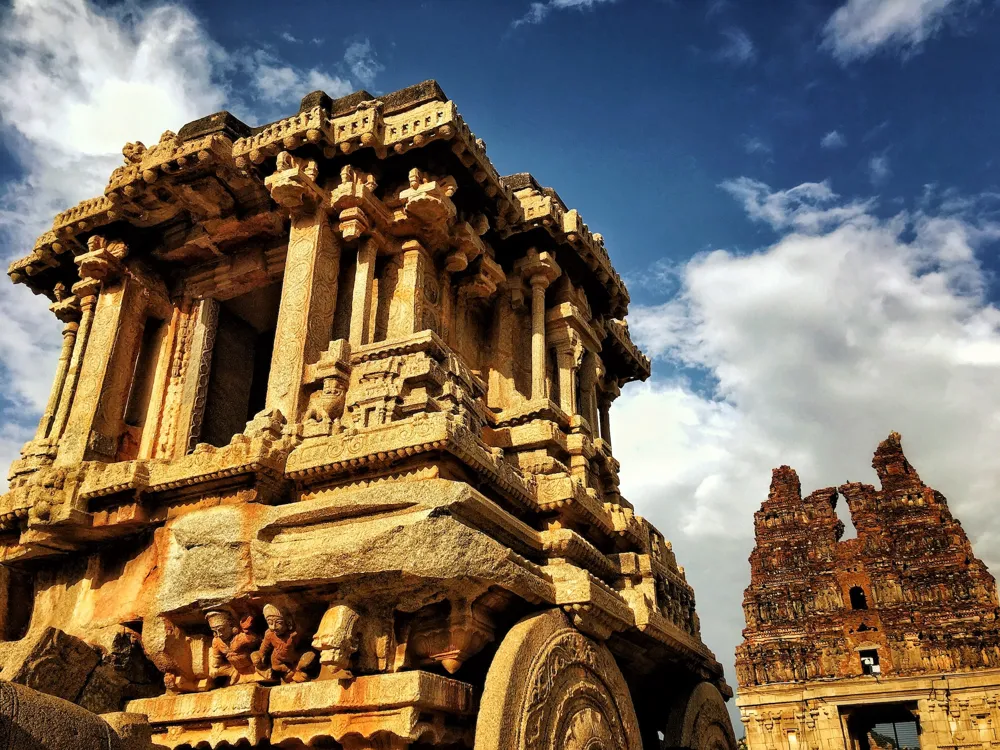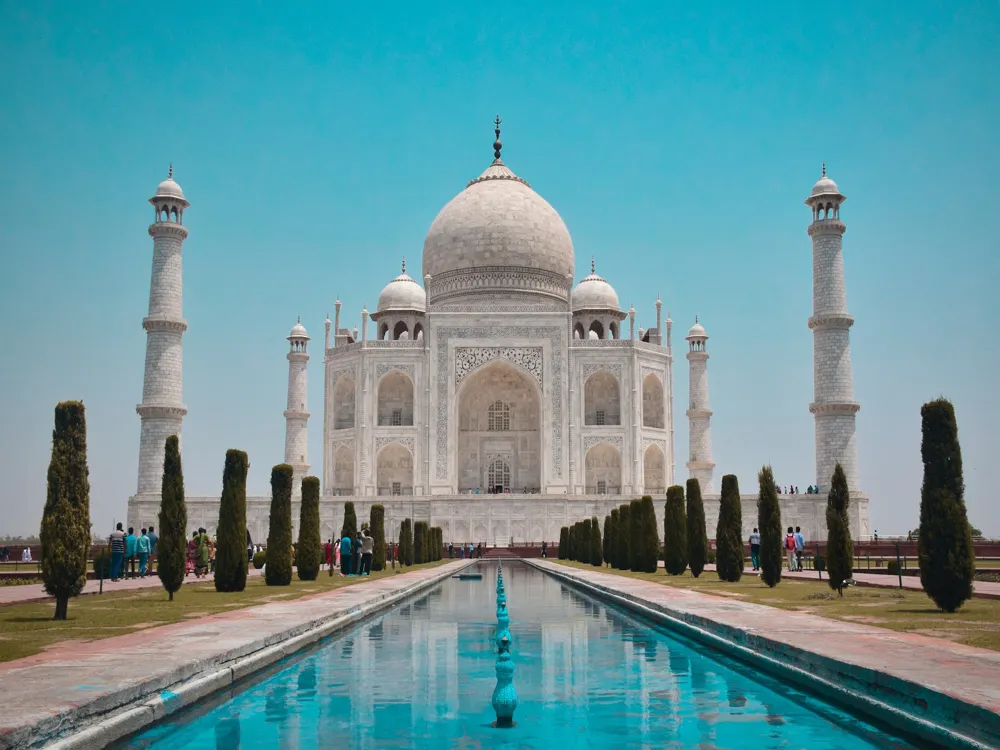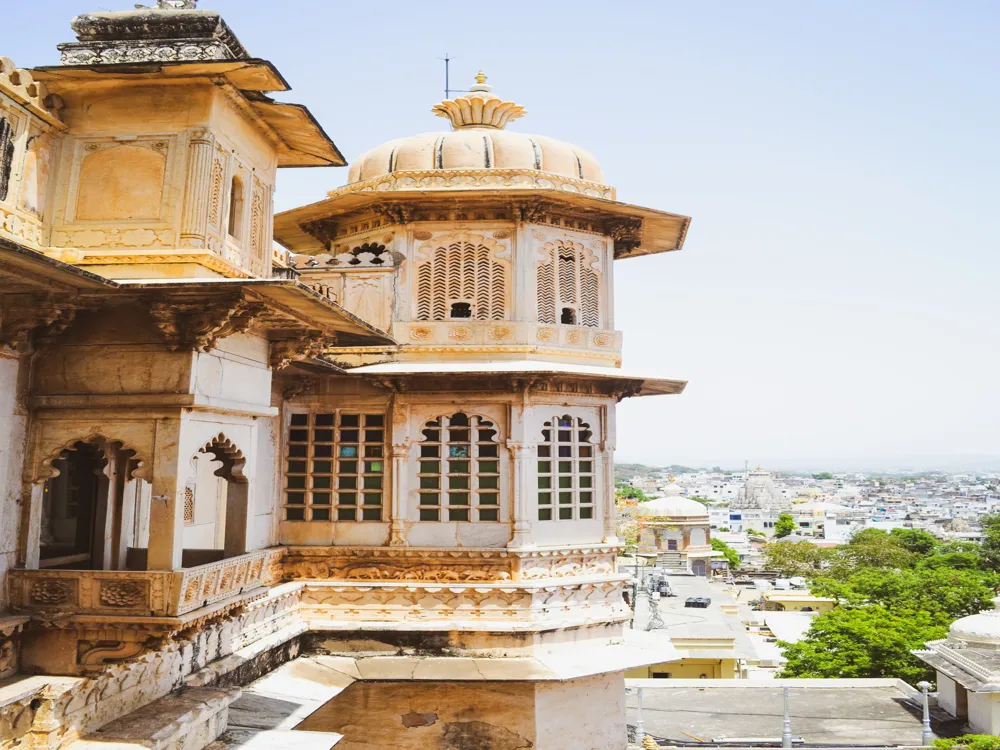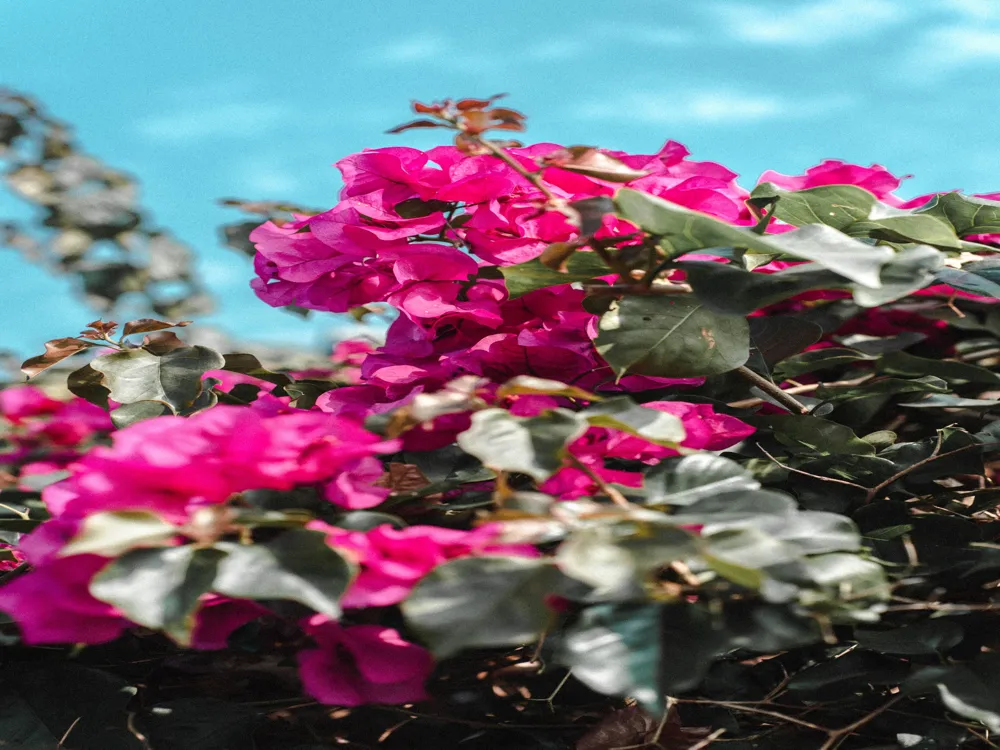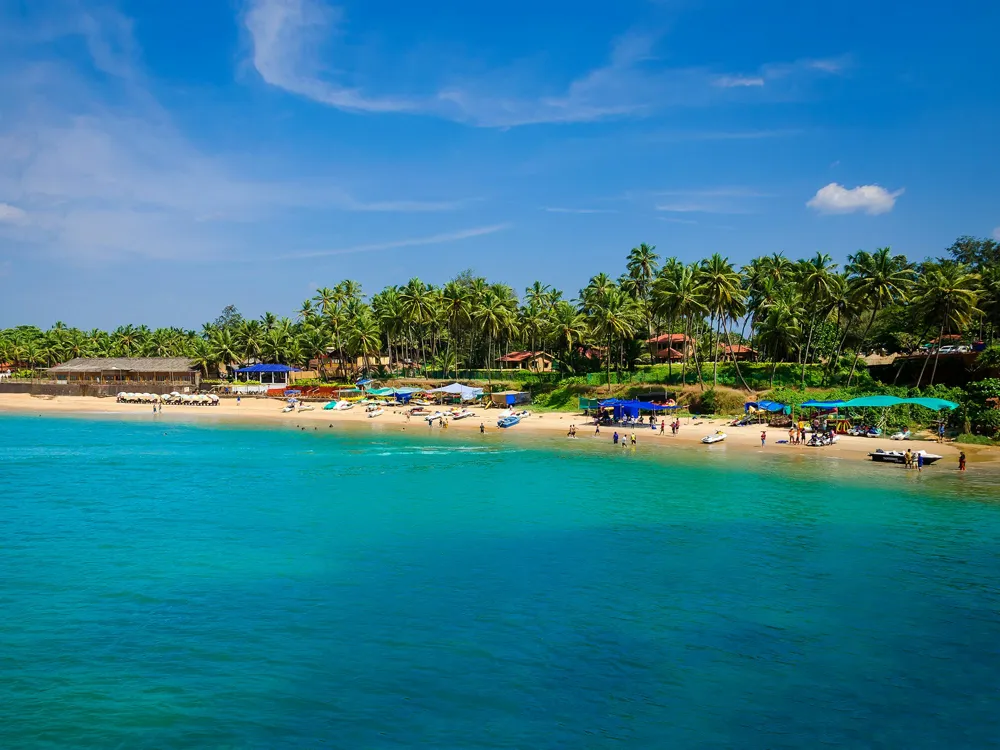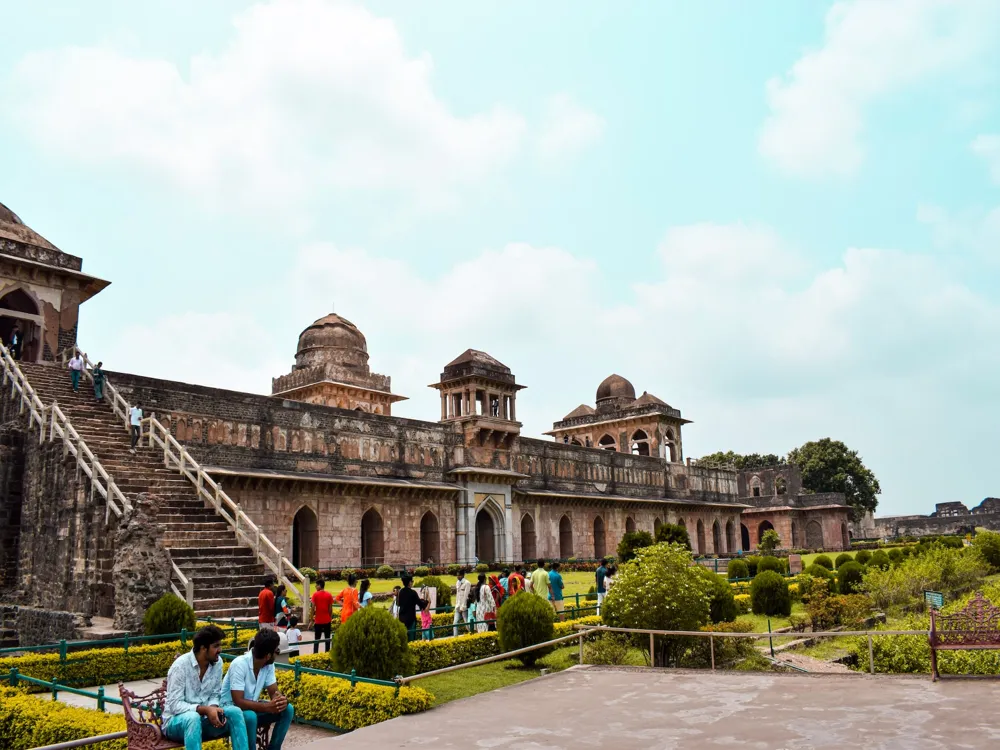Best Time to Visit Dholavira
Gujarat India
16 out of 24 Places to visit in GujaratNaN onwards View Packages
Get Customized PackagesThe Land of Diversity
Top Hotel Collections

Private Pool

Luxury Hotels

5-Star Hotels

Pet Friendly
What is the Best Time to Visit Dholavira?
Planning a trip to Dholavira, the ancient archaeological marvel, requires careful consideration of the best time to visit to make the most of your experience. The weather in this region plays a crucial role in enhancing or dampening your exploration. Let's delve into the details to help you plan your journey effectively.
More about Best Time to Travel to Dholavira
Travel Peak Season in Dholavira
The peak season to explore Dholavira is during the winter months, from November to February. The temperature during this time is pleasantly cool, ranging from 15 to 25 degrees Celsius. The archaeological site is bustling with tourists eager to witness the remnants of the ancient Indus Valley Civilization. The clear skies and mild weather create the perfect ambiance for an enriching historical experience.
Travel Offseason in Dholavira
For travelers seeking a more serene experience, the offseason, extending from June to September, presents a unique charm. While the temperatures can be relatively high, ranging from 25 to 35 degrees Celsius, this period allows you to explore Dholavira without the usual crowd. The landscape takes on a lush green hue during the monsoon, adding a touch of vibrancy to the ancient ruins.
Dholavira Travel Packages
View All Packages For Dholavira
Dholavira in Shoulder Season
The shoulder season, bridging the gap between peak and offseason, occurs in March and April. During these months, the weather is moderate, making it an ideal time for those who prefer a balance between avoiding the crowds and experiencing pleasant temperatures. It's an excellent compromise for a comfortable exploration of Dholavira.
Dholavira in Hot Season
The hot season, from May to June, should be approached with caution due to soaring temperatures ranging from 35 to 42 degrees Celsius. While this period might be less favorable for outdoor activities, it could appeal to enthusiasts interested in arid landscapes. Ensure you stay hydrated and take necessary precautions if opting to visit during this time.
Dholavira in Rainy Season
The monsoon season, from July to September, brings sporadic rainfall to the region. While the landscape transforms into a picturesque panorama, the rain can hinder outdoor exploration. It's advisable to check weather forecasts and road conditions before planning a trip during this period.
Dholavira in Cool Season
As winter approaches in October, the weather begins to cool down, marking the onset of the cool season. This time offers a gradual transition into the peak season, allowing visitors to enjoy comfortable temperatures while avoiding the crowds that typically accompany the winter months.
Places To Visit In Dholavira
Nearby Places Dholavira
Dholavira Photos
View All Photos For DholaviraBrowse Package Collections
Browse Hotel Collections
Faq
1. When is the best time to visit Dholavira?
The best time to visit Dholavira is during the winter months, from October to March. The weather is pleasant, making it ideal for exploring the archaeological site.
2. What is the weather like in Dholavira during the recommended months?
During the winter months, Dholavira experiences mild temperatures ranging from 10°C to 25°C (50°F to 77°F), providing a comfortable and enjoyable visit.
3. Are there any specific months to avoid visiting Dholavira?
It is advisable to avoid the summer months (April to June) due to the scorching heat, with temperatures often exceeding 40°C (104°F). Monsoon season (July to September) may also be less convenient due to heavy rainfall.
4. Can I visit Dholavira during festivals or special events?
Yes, visiting during the Rann Utsav (December to February) can add a cultural touch to your trip. However, it's recommended to plan and book accommodations well in advance as it is a popular time for tourists.
5. Are there any unique natural phenomena to witness in Dholavira?
The Great Rann of Kutch, near Dholavira, transforms into a vast white desert during the winter. This unique salt desert is a spectacular sight and is best experienced between November and February.

